Women on the Farm
Author
Published
5/1/2024
For generations, women have played a vital role on farms and ranches. They work in the fields, drive tractors, feed livestock, irrigate, keep the books, and actively participate in making decisions regarding farm management. They raise children, volunteer in their communities and local schools, serve in church, and share their stories. Others have jobs off of the farm to provide insurance or income stability.
According to the 2017 Census of Agriculture, just over 36% of American agriculture producers are women.
Kathie Iverson, a farmer in Hurricane, Utah, is one example of many Utah women in agriculture.
Growing up, Kathie Iverson spent time on her grandparents’ farm in Hurricane, helping her grandpa with the cows and admiring her grandmother’s beautiful garden. Her grandmother grew raspberries, apples, peaches, pears, and figs and would bottle them. On her back porch, she built shelves to dry her fruit. Kathie reminisces, “There was always dried fruit and bottled fruit to eat at Grandma’s house.” Likewise, Kathie’s husband, Kelby, loved to work cows with his grandpa, but his father left the farm to become a contractor. Both were a generation removed from the farm, but a love for farming was in their blood.
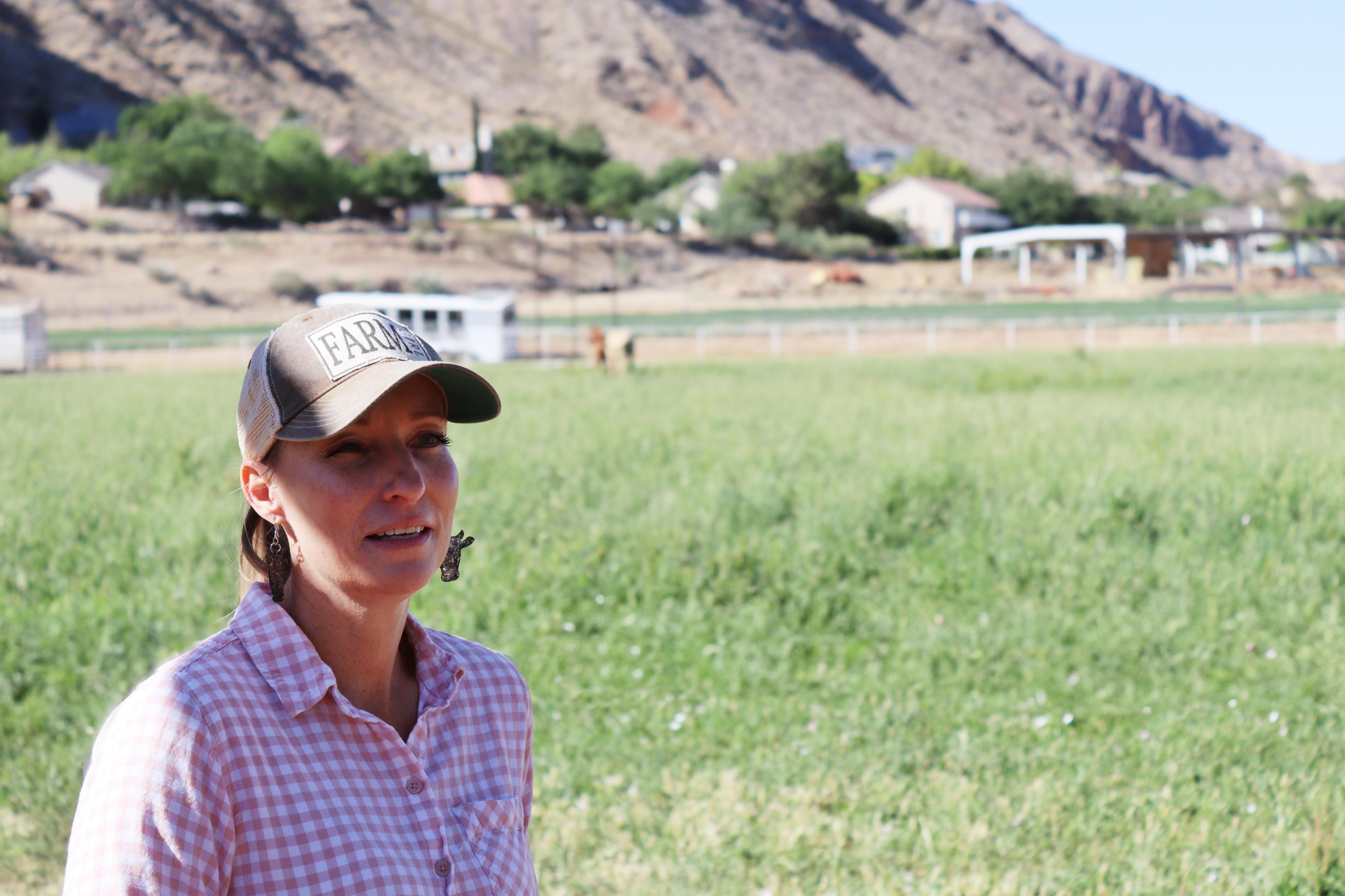
When Kathie and Kelby married, they would drive past a farm in the area and dream about what it would be like to own that farm. It seemed like an impossibility to the young couple. They got jobs and worked hard building and selling homes. They had just built and moved into their dream home when the owner of their dream farm knocked on their door one day. He told them he had the distinct impression that the farm should be theirs. The farm and the farmhouse needed a lot of work, but when a dream comes knocking at your door, you can’t say no.
They worked out a deal and bought the farm.
That was the beginning of Western Legacy Farm and Ranch. Kelby and Kathie worked hard at their full-time jobs and worked hard after hours on their farm. After several years, with a leap of faith, they quit their jobs to pursue farming full-time.
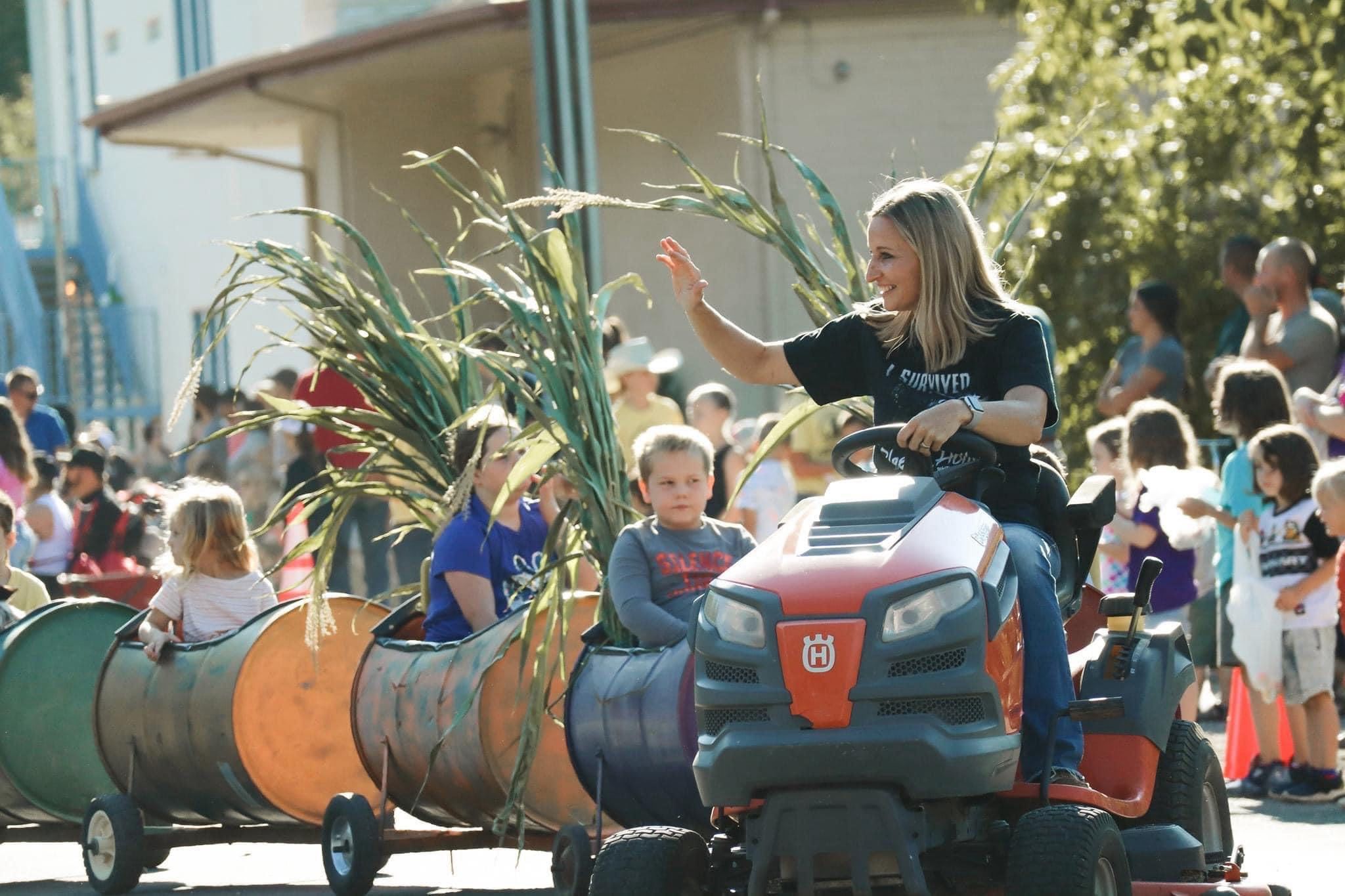
Kathie soon learned that women on the farm wear a lot of hats. They are farmers, wives, mothers, large animal veterinarians, home repair jack-of-all-trades, volunteers, teachers, entrepreneurs, and part-time magicians (for all those last-minute rabbits they have to pull out of their hats).
Farm life is not a life of leisure. It’s hard, demanding work, but it’s work that is family-centric. Families work together, learn life’s lessons together, play together, and build dreams together.
An Idea is Born
The Iversons began to develop a plan for their farm to maximize its unique beauty and natural resources. Kathie said, “It was too beautiful to just be a feedlot.” But admittedly, they didn’t have answers to a lot of their farming questions. They were young and inexperienced and needed some help.
Someone once said, “Find a tribe that makes you feel courageous—and helps you gain confidence in your abilities.” For the Iversons, the Utah Farm Bureau was that tribe. They jumped right in and became active in their County Farm Bureau, bringing them new friends and new opportunities.
Kathie was talking to one of her new Farm Bureau friends who suggested that she start a farm camp as a way of sharing agriculture, their farm, and their family’s farm life. The idea behind Farm Camp was born!
One Halloween, Iversons’ oldest son wanted to be the headless horseman. Kathie worked with her mother who was an accomplished and creative seamstress.
She fashioned a magnificent costume out of a box and a beautiful long cape. The family owned a black horse, so they put their son on the horse, and he rode through the street of their nearby neighborhood. People stopped and wanted their pictures taken next to him. It created a buzz throughout the neighborhood. Kathie remembers, “It was like a scene right out of Sleepy Hollow on our street lined with Sycamore trees.”
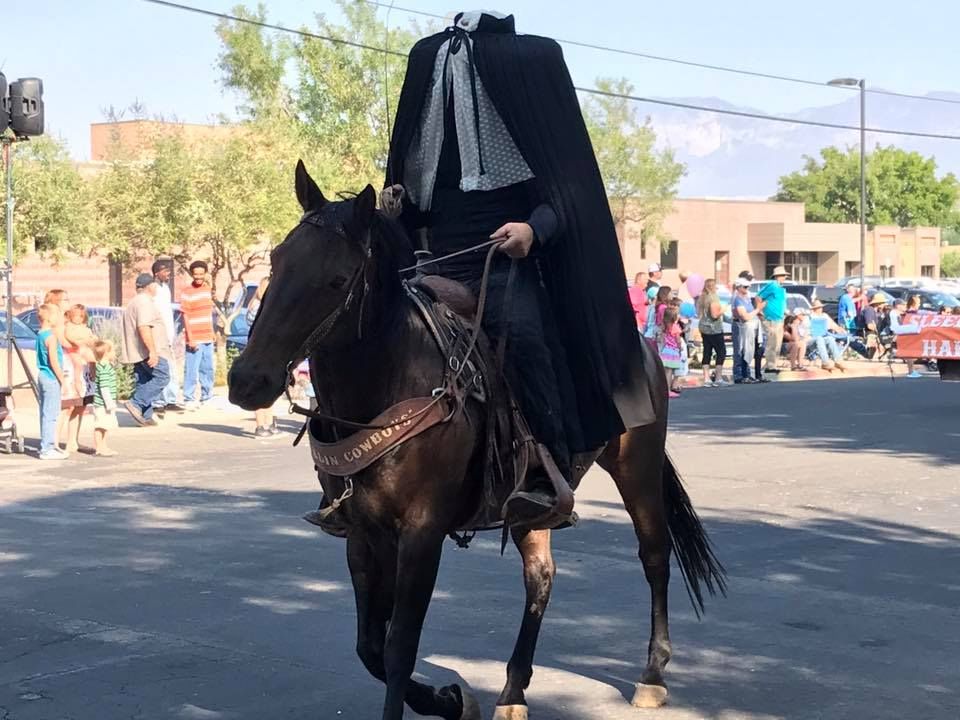
An idea was born. The Iversons created Sleepy Hollow Halloween as an agritourism experience on their farm. The farm was decorated with lights and Halloween décor, and a corn maze was planted and cut.
Kathie said, “The first year was good, and it just got better and better every year until it grew into a substantial revenue stream for our farm. I loved looking out over the farm when it was decorated for Sleepy Hollow Halloween. October became the busiest time of the year for us.”
A Turning Point
Women on the farm can experience what is called “third shift syndrome.” As was mentioned in an article in Successful Farming magazine, “Many women work off the farm to provide a steady income and health insurance for the family. Like many working women, they come home to a “second shift” of housework and caring for the children.” However, many farm women have additional responsibilities. They face a “third shift” of farm work, and Farm Camp and Sleepy Hollow Halloween added that “third shift” for Kathie. The stress created a health flair-up that put Kathie in the hospital.
The Iversons were faced with a dilemma, do they keep building on the successful agritourism events or back away and just focus on the cows and the crops? With courage, Kathie realized that sometimes you have to evaluate what’s most important and make some hard choices. The Iverson’s decided to discontinue Sleepy Hollow Halloween, and Farm Camp, at least for now.
That decision allowed Kathie to expend her energy on what’s most important to her —raising her kids. She said, “I always like to say, we’re not raising cows, we’re raising kids.”
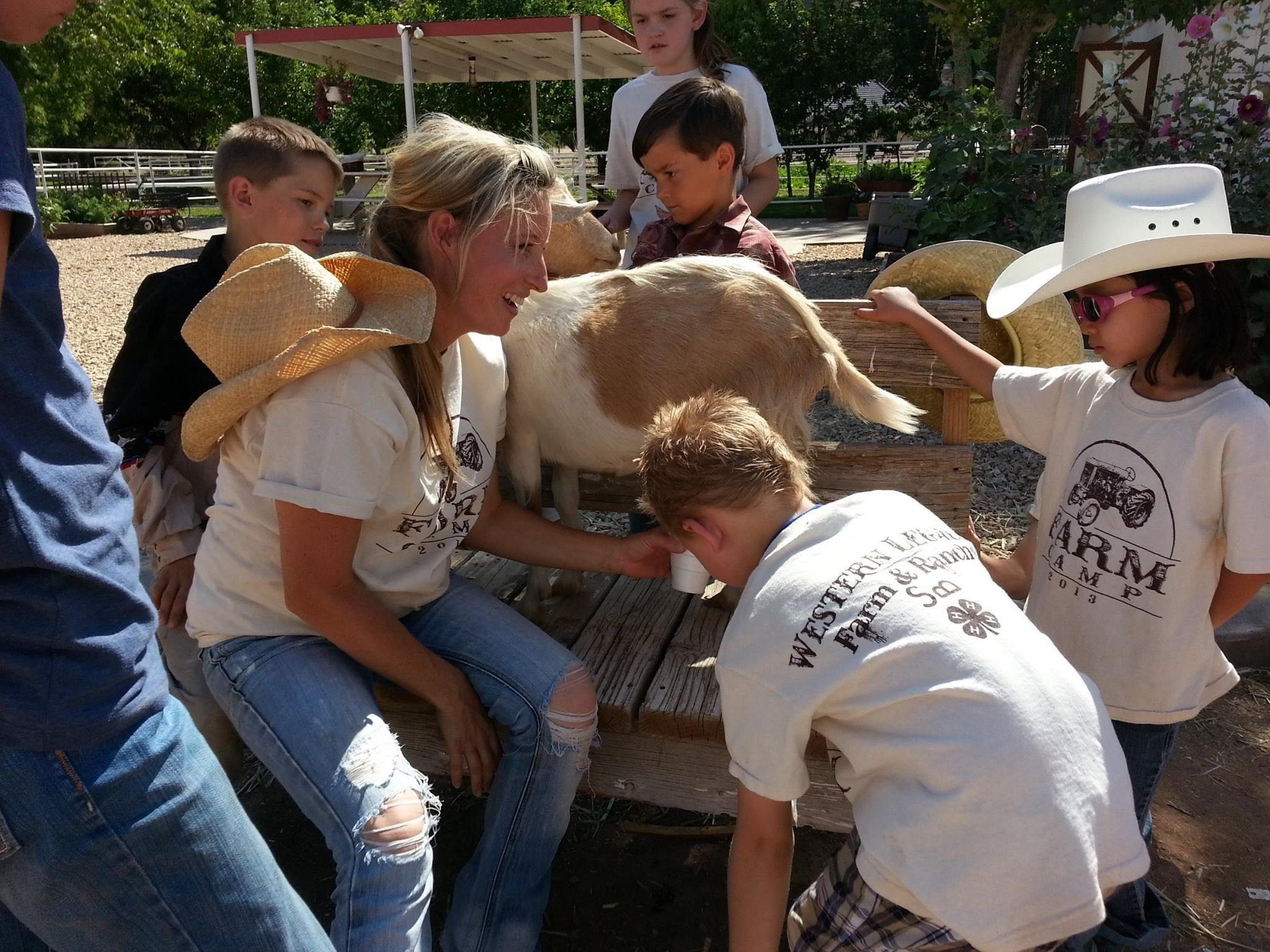
For Kathie, the farm is a great environment for her children to learn important life lessons.
The Iverson children all have farm chores and house chores. They get up early and do chores before they go to school and do more chores when they get home from school. The children aren’t paid an allowance for their work, instead, Kathie and Kelby provide their children with a calf and supply the feed for them to raise the calf so they can show and sell the animal at the 4-H Junior Livestock Show.
Raising and caring for an animal requires time and attention. It’s a lot of work. The Iverson children care for their animals every day and every night and watch them grow. Sometimes there are things that are out of their control and the only thing they have to show for their hard work is a life lesson. The children learn absolute responsibility because they’re in charge of a living animal. Confidence naturally follows as they realize they can take care of an animal.
Showing livestock also provides their children with an opportunity to earn and manage money. After the sale, the Iverson kids get $100 to spend on whatever they want and the rest of the money they earn from the sale is put into a savings account for them to use in the future for education, church missionary service, a down payment on a home, or whatever they need.
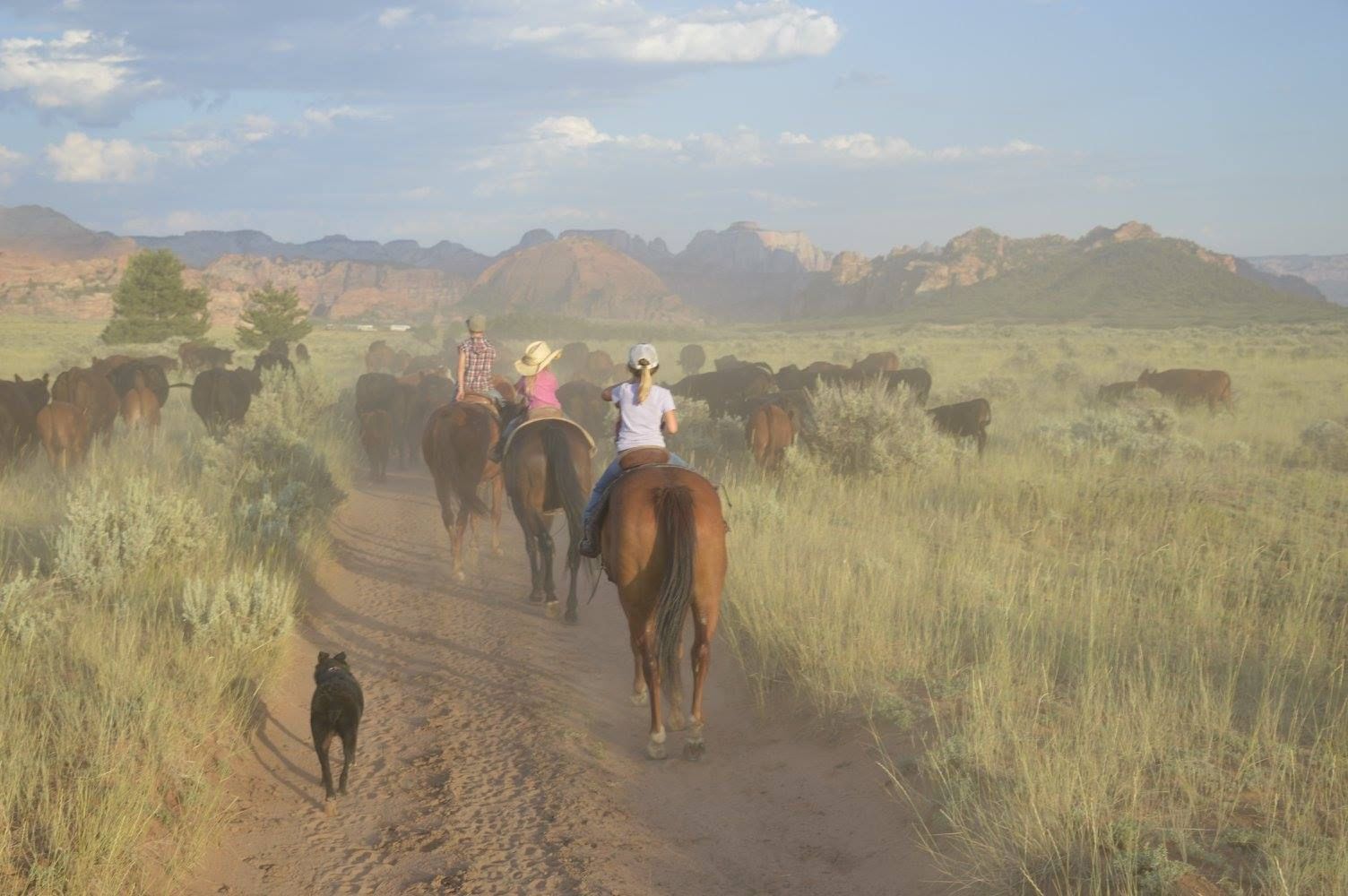
On and off the farm, parents share many of the same wishes for their children. We want them to find purpose and fulfillment in life by finding their passion — to develop a great work ethic. We want our children to learn how to navigate life and bounce back from life’s challenges. We want our children to learn how to take care of themselves, manage their finances, develop character, and share their life with someone who brings out the best in them. That’s the work that Kathie Iverson is doing — working for those parental wishes to come true.
Too often women are unsung and sometimes their contributions go unnoticed, but the achievements, leadership, courage, strength, and love of women are important to the fabric of family, community, and this nation. Sometimes women think they are just living ordinary lives, doing ordinary things, in ordinary ways, but one day, looking back, they may recognize that all those ordinary things have changed them and made a difference in this world.
Want more news on this topic? Farm Bureau members may subscribe for a free email news service, featuring the farm and rural topics that interest them most!
